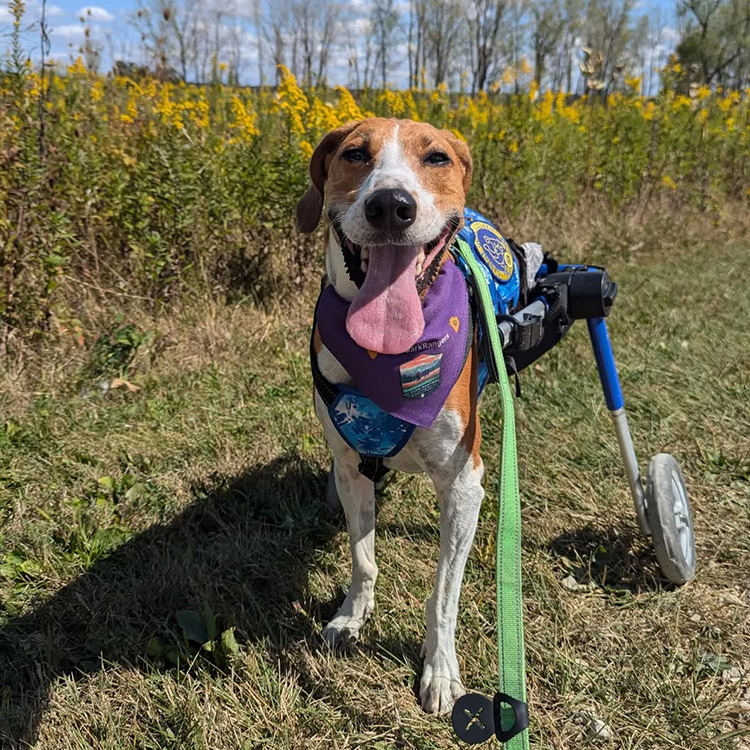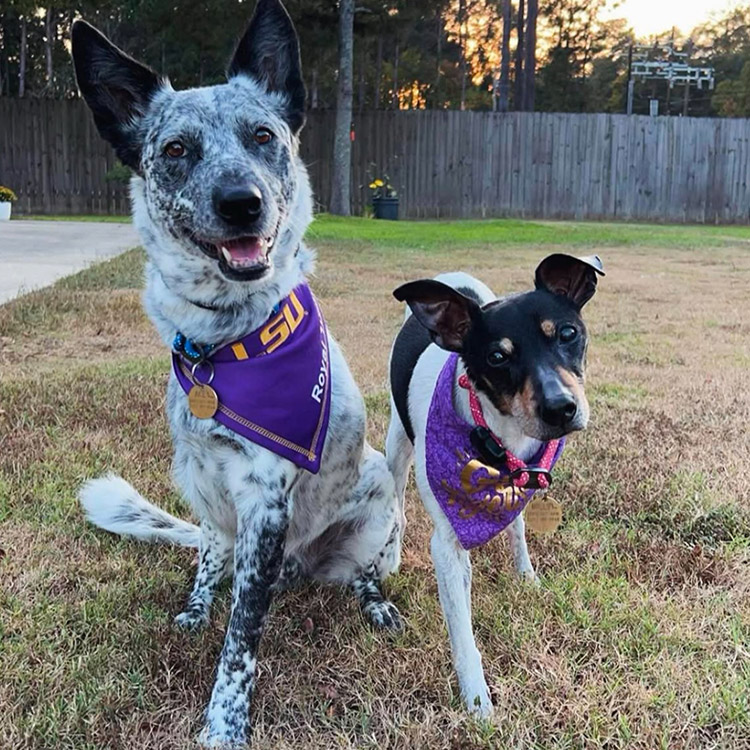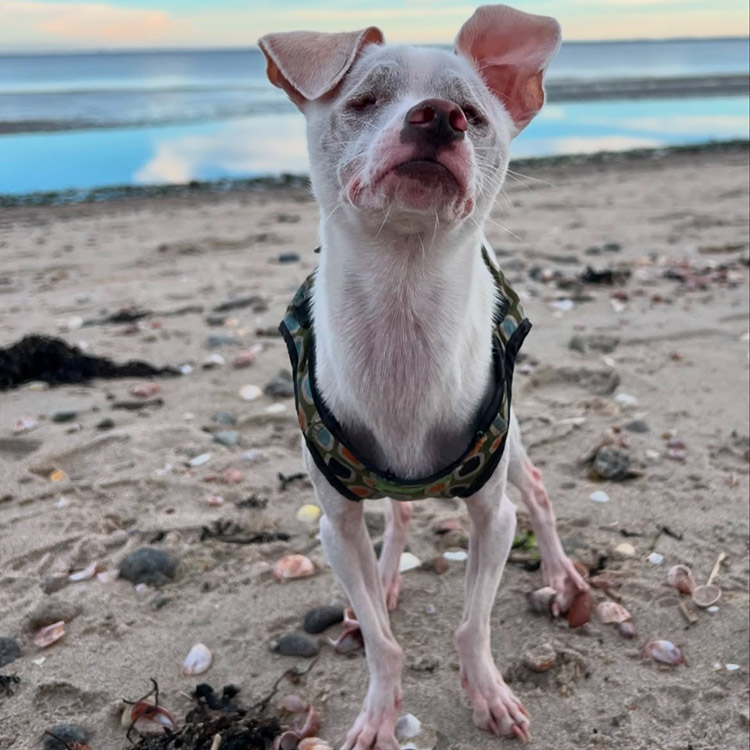Whether your own pet becomes disabled due to an illness or injury, or you are planning to adopt a disabled pet, here are some things to consider as you commit to caring for a disabled pet.
- Lifestyle of the pet parents - work schedules, children, other pets,
- Layout of house and yard,
- The nature of the disabilities and what is required in the way of vet care, medication, daily routines, accommodations. equipment
- Be realistic about your ability to provide optimal care for a disabled pet.
Disabled and extra medical needs pets generally have health issues that require ongoing veterinary care. It is very important to establish a good relationship with your local veterinarian and specialists. Take time to find a veterinarian who is interested in working with you and has ample time and flexibility for you and your pet. Specific health issues and other needs will dictate to some extent whether you choose a house call/mobile vet or an in-hospital vet to care for your special needs pet.
There are many online and in person resources available to help guide pet parents who find themselves with newly adopted or newly diagnosed pets with disabilities and extra needs.
Rescue organizations that focus on pets with specific disabilities, Facebook groups and other online support organizations are all potential sources of answers to questions about how to express bladders, give insulin injections, or teach sign language to deaf dogs.
Most veterinarians aren't able to spend the time needed to guide clients/pet parents through complicated situations but they may have clients with pets that have similar needs who are willing to help by answering questions and sharing their own learning experiences.
This list of rescue groups is a starting point. There are many more that can be located through veterinarians, word of mouth, and google searches. Just be very careful to find reliable sources by checking with your veterinarian first before joining or connecting with individuals online.
Rescue groups and pet parents MUST be extremely cautious about transferring or placing a disabled pet or any other animal to rescue organizations or individuals. A thorough reference check, home visits, and in person meetings should be a requirement. Follow up visits and regular check ins should be required for any placements of a disabled dog or cat.
As more and more pet parents choose to care for disabled pets, more and more helpful supplies become available. Here's our disabled pets supply listing.

@lieutenant_dan_the_twc

@hollythetripawd

@georgieforfun
